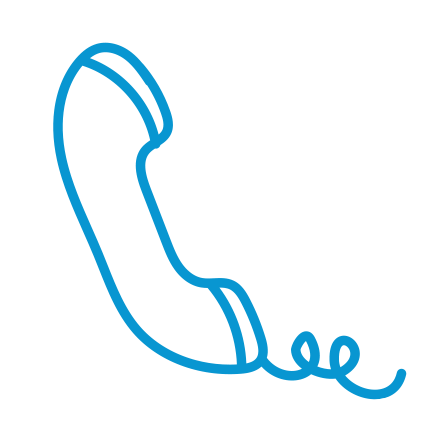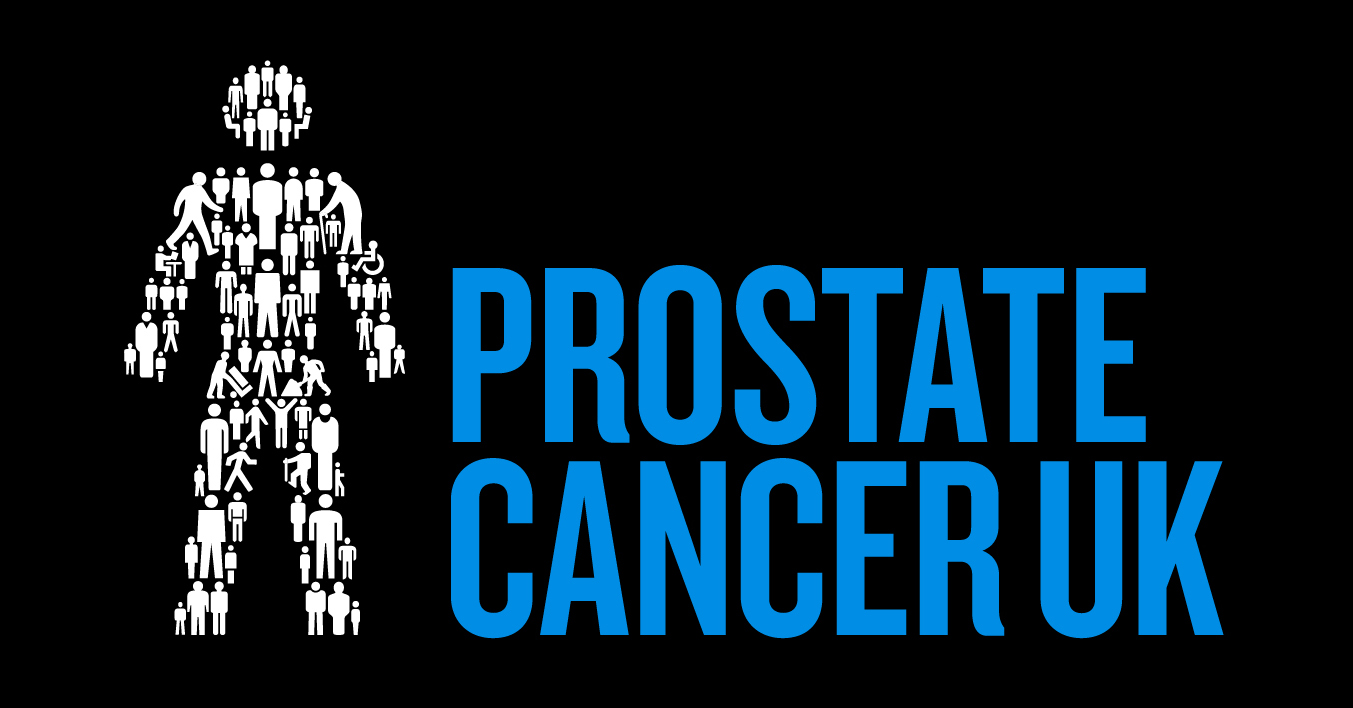One of the most common causes of claims at a club is lack of proper risk management. So many incidents can be avoided if the proper precaution was taken in the first place.
Insurance is a matter of risk transfer. If your risk is higher, you’ll have to pay the insurer more to transfer it over.
Effective risk management cuts down claims and the cost of insurance. It also creates a safer and nicer environment for your staff and customers.
In this article, we’re going to look at the systems you should consider putting in place to ensure that your risk management is through and effective.
Training
It may sound obvious, but it’s important to ensure that all staff are properly trained in the equipment they use and/or have the appropriate license in place. Untrained staff, even partaking in the most seemingly simple tasks, is a health and safety risk waiting to happen.
We recently wrote about a golf club employee who was killed whilst using a chainsaw to chop down trees. Sadly, one of the felled branches landed on his head, causing a fatal brain injury.
The golf club were found negligent in the incident and ordered to pay 75,000 in damages. In this case, they had not performed proper checks to make sure the employee was competent in the use of the chainsaw, not had they put stringent enough health and safety checks in place.
Even though the deceased employee was found to have been over zealous in his use of the chainsaw, the buck stopped with the club who should have provided a great risk management framework.
Training should be offered on a regular basis for all clubs for any equipment that staff are likely to use. That includes ladders, tools, heavy machinery etc. Training is never ‘done’ – refresher courses are vital in ensuring that information is retained.
Equipment, buildings and property
It’s important that all buildings, property and equipment is regularly maintained to ensure that you aren’t subjecting your staff to possible accident or injury.
No matter how state-of-the-art or new you think your equipment is, things can go wrong. One faulty wire, a loose screw, an uncovered blade, and you have a serious incident on your hands.
Most insurance policies will find you non-compliant if checks aren’t made on a pre-defined regular basis. In some circumstances, it is illegal for you not to maintain equipment.
Seek advice from a risk management professional on how often different pieces of equipment or buildings should be checked.
On every single instance that buildings or equipment has been checked or maintained, record it along with a witness signature. This could be vital when challenging a claim.
Checks
Before, during and after every shift, staff should be assigned ‘zones’ within your premises that they are responsible for checking. They’ll look for slip and trip hazards, faulty equipment, flooding etc to make sure that the risk of a claim is kept to a minimum.
Club Insure recommend a special tool called ‘isitchecked’ to our customers to help them with these checks. The tools assigns different zones to different teams and individuals, and allows them to scan a barcode in the zone when the check is finish. This ensures that anyone looking back over the records can see who checked a zone and when.
This is key for claims resistance, and also for managers making sure staff standards are kept high.
If you’d like to discuss ‘isitchecked’ with us, get in touch today on 0344 488 9204.
Document retention
The rules state that an individual has three years to make a claim against a club, so all checks and maintenance records should be kept at least that long.
Documentation should show:
- Who
- What
- When
- How
And all checks should come with a witness signature. It’s much more difficult to win a trip or slip case if you can prove that the area was check thoroughly moments before.
In an ideal world, you’d also take pictures of the zone at the time of each check and maintenance.
Remember to keep more than one copy of all documents: paper can be torn, computers can be wiped.
Expertise
Most important in risk management, is seeking the help of experts who know what to look out for and why. If you don’t have help from the experts, you can find yourself checking and recording too much or too little, which is wasting your time and not giving you the proper protection.
If you’re looking for a company that can genuinely improve your risk management procedures and lower the risk of a claim occurring, contact us today. We’re always available for a no obligation, friendly conversation. Click the ‘live chat’ button in the bottom right to speak to one of our team, or call us on 0344 488 9204 to speak on the phone.







